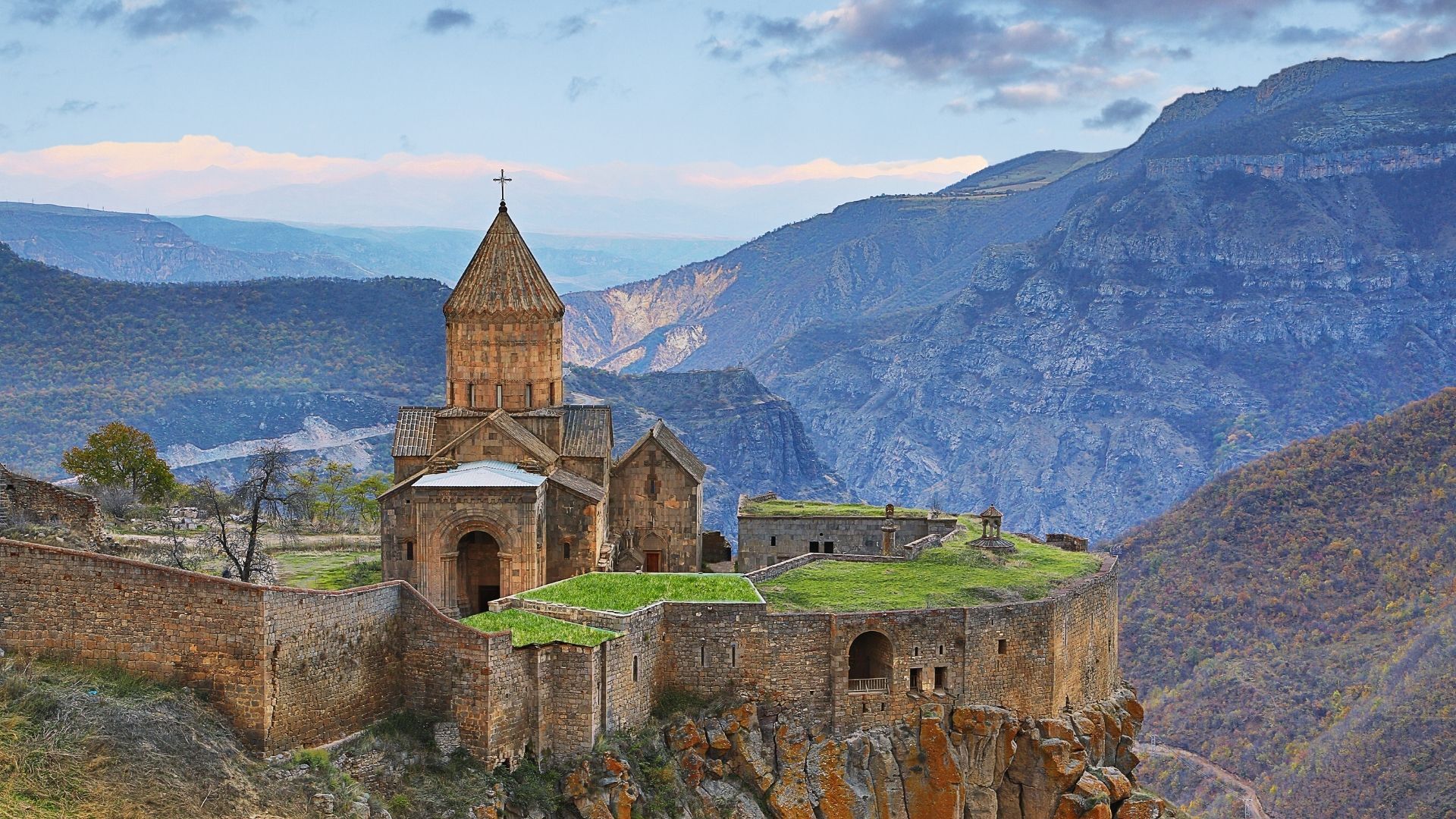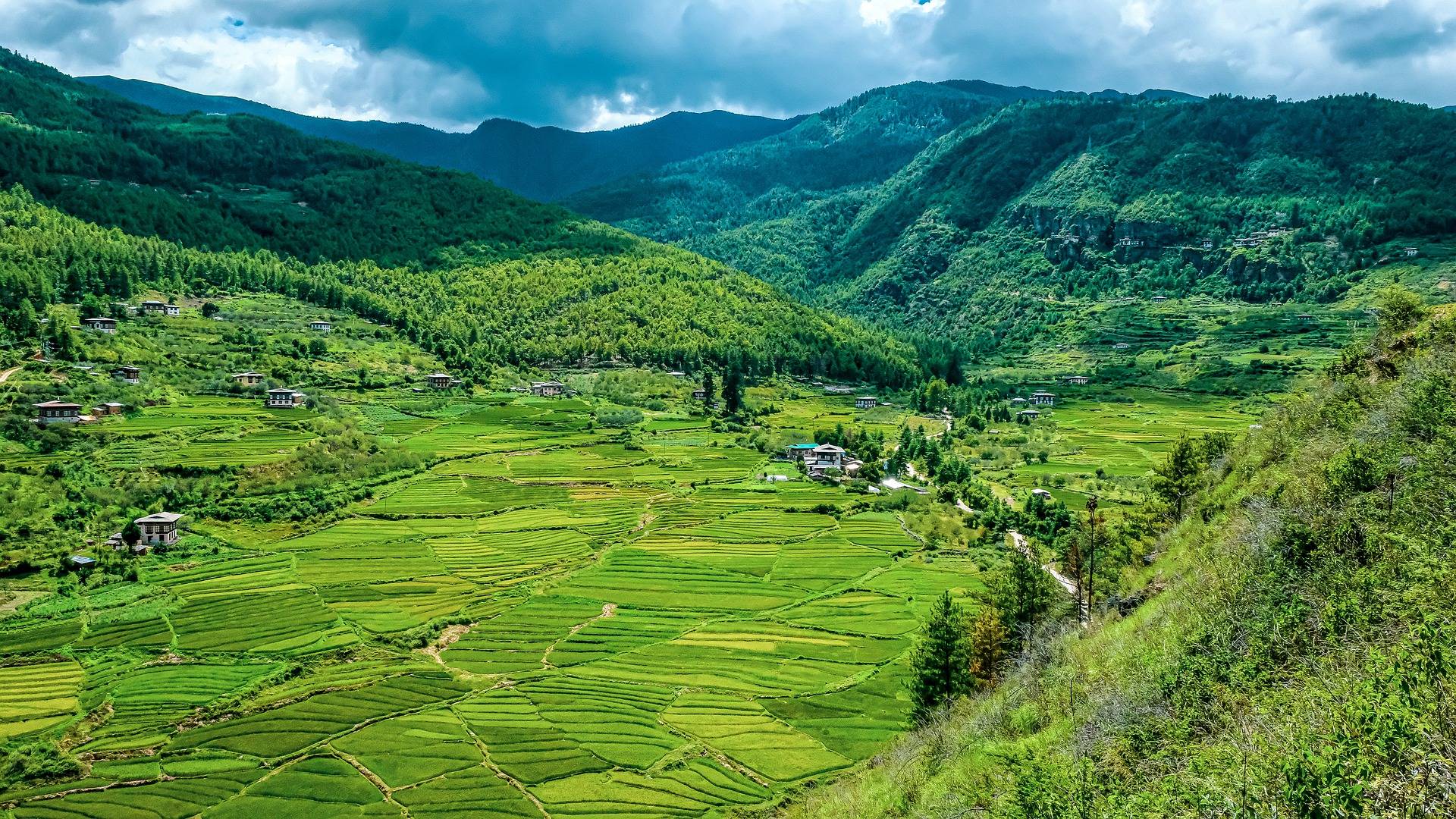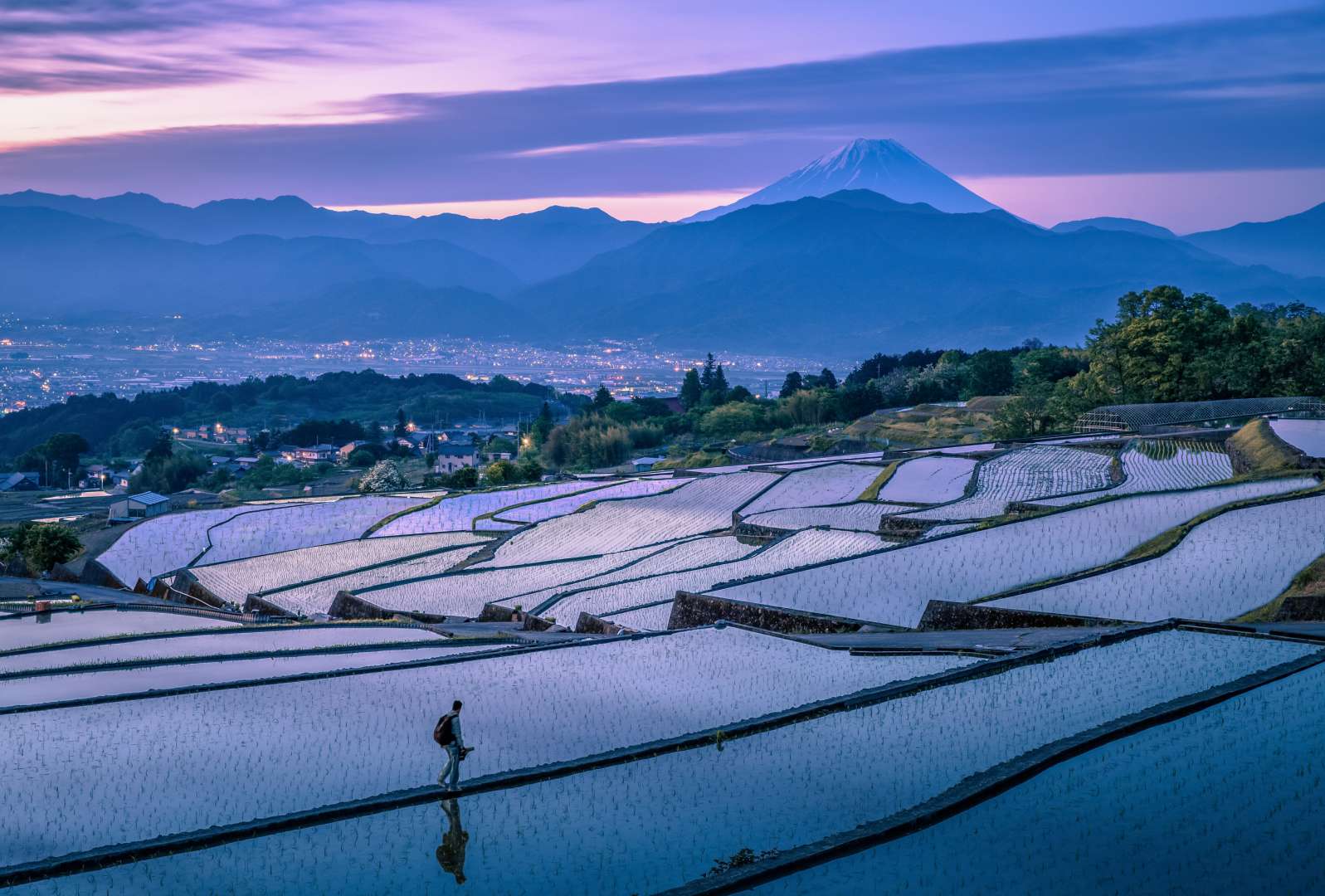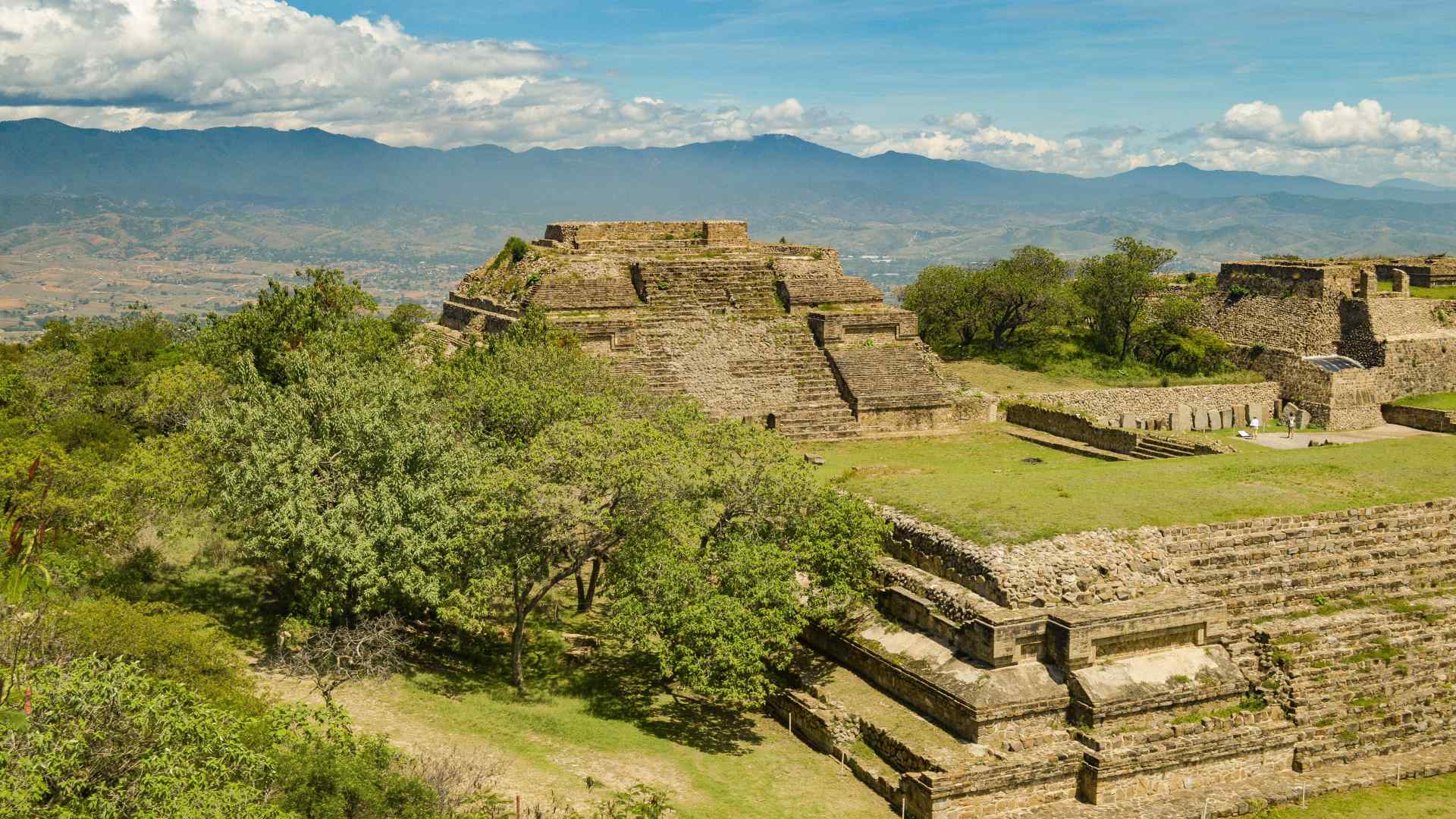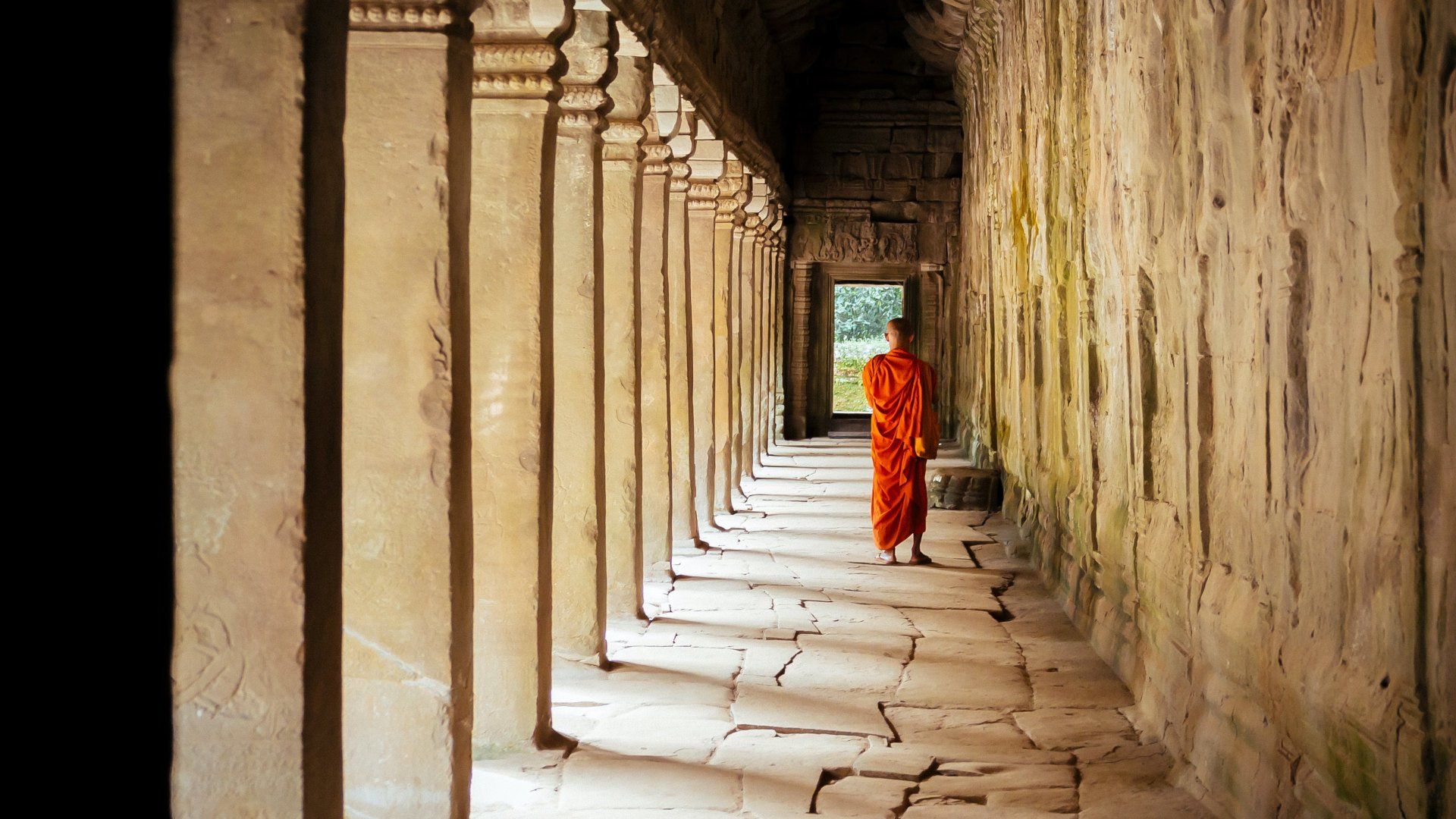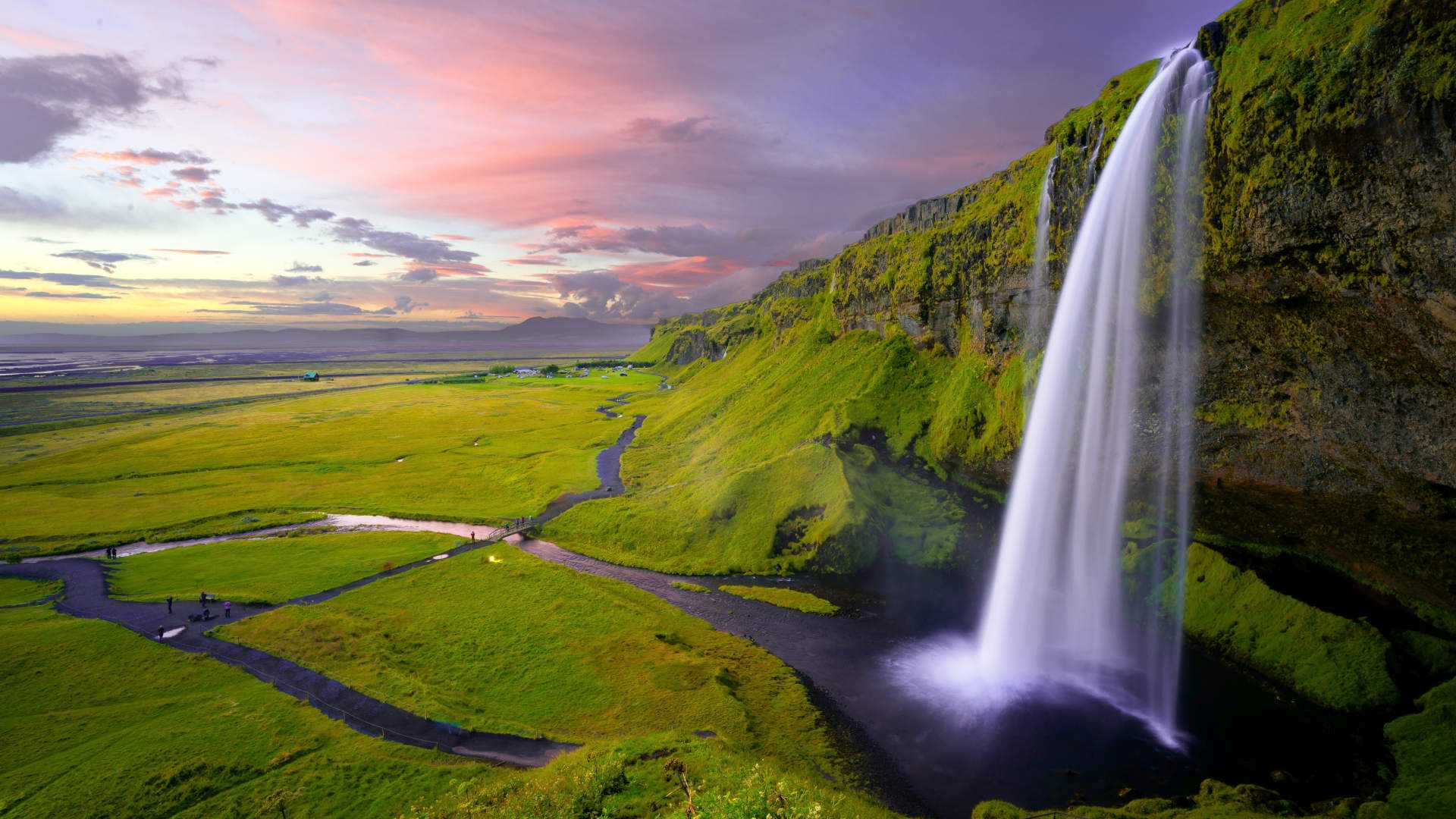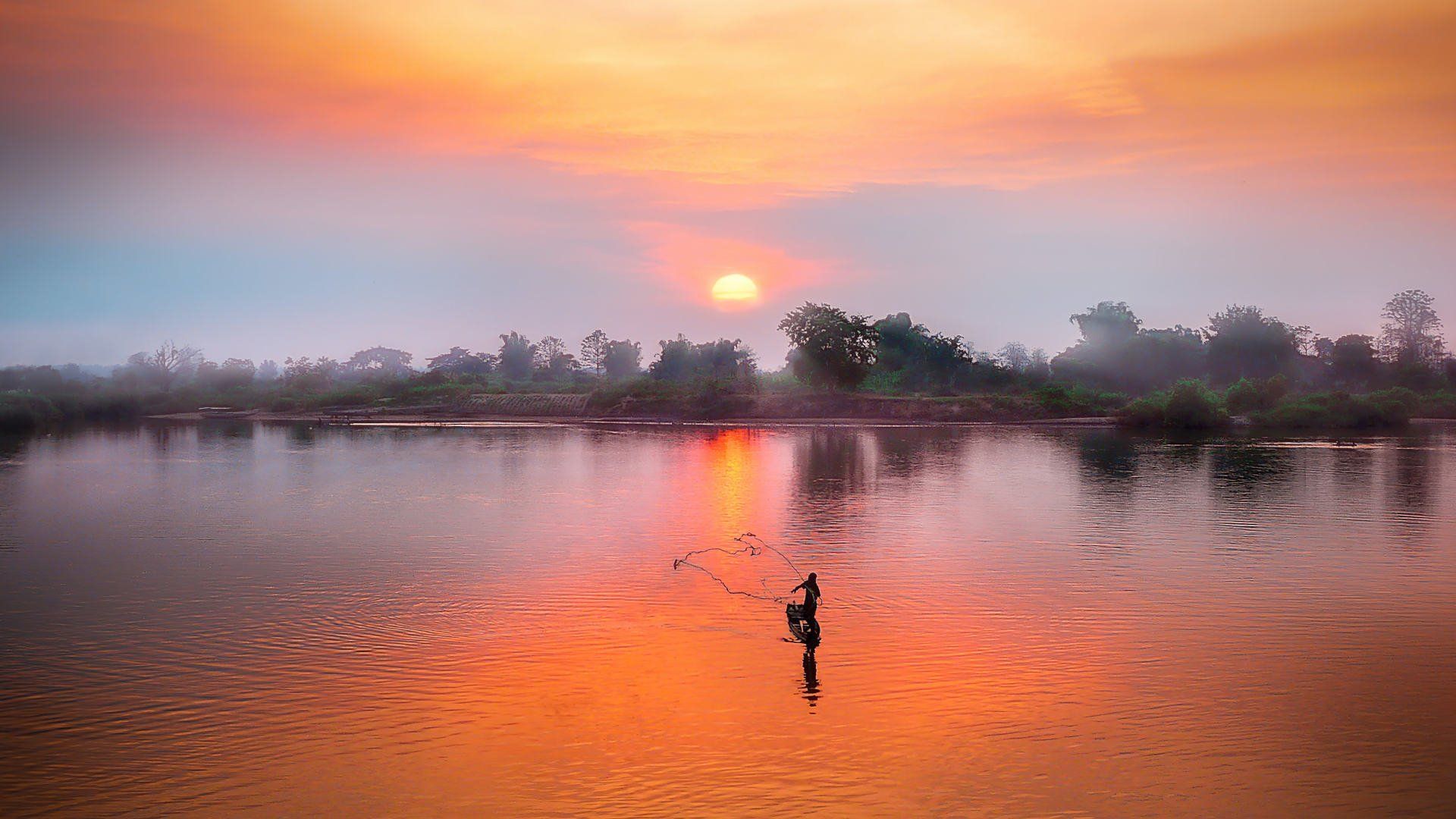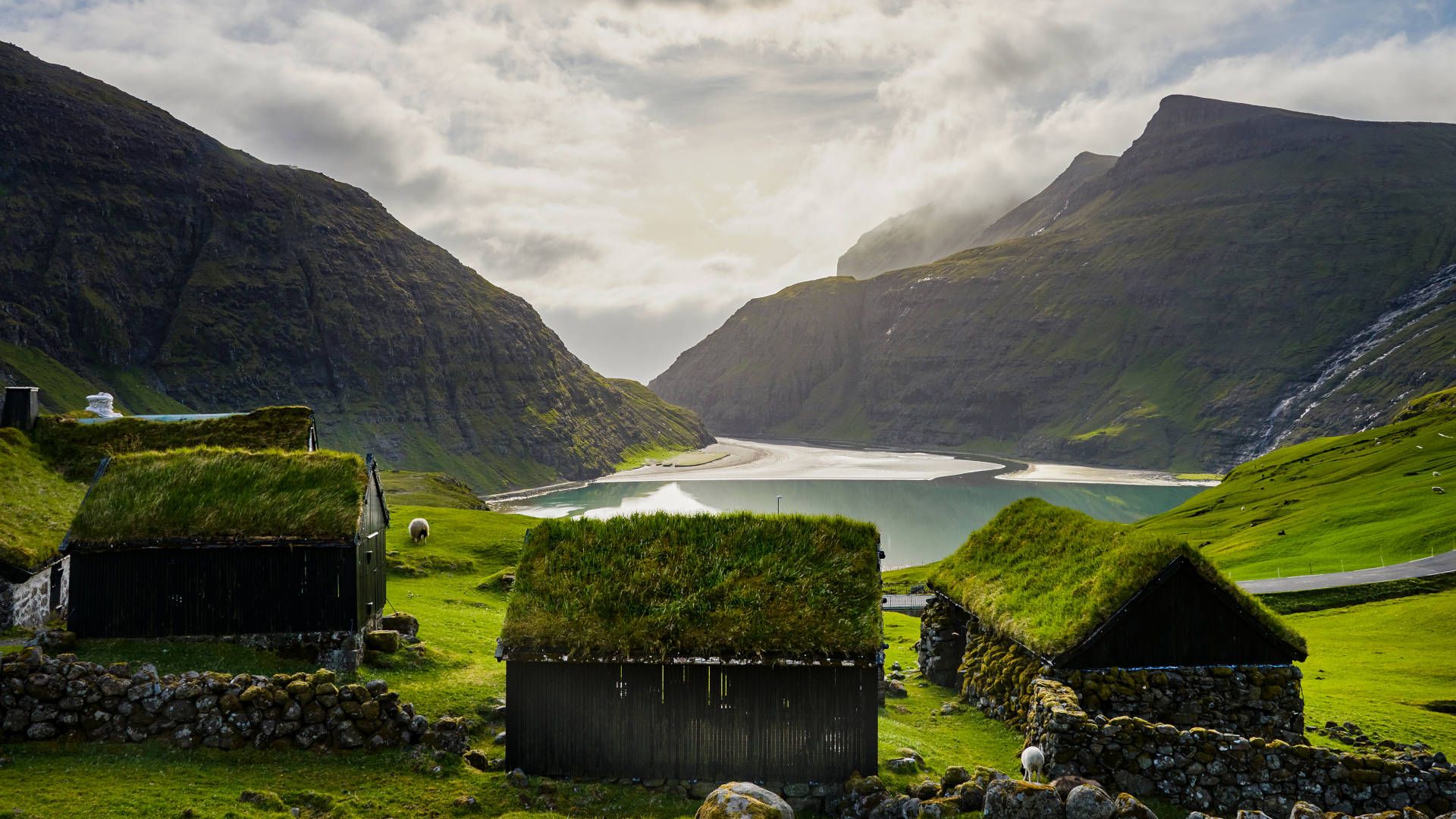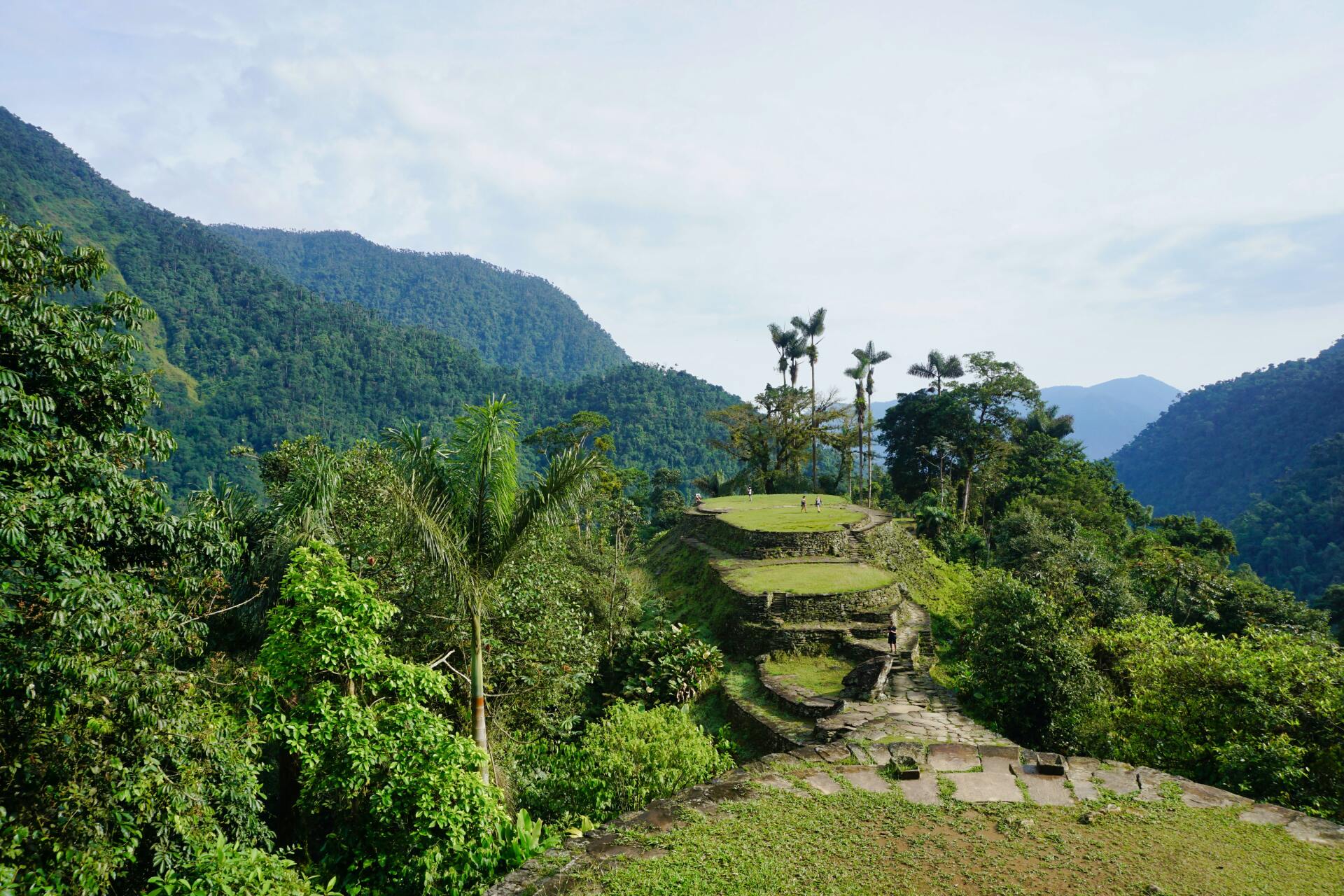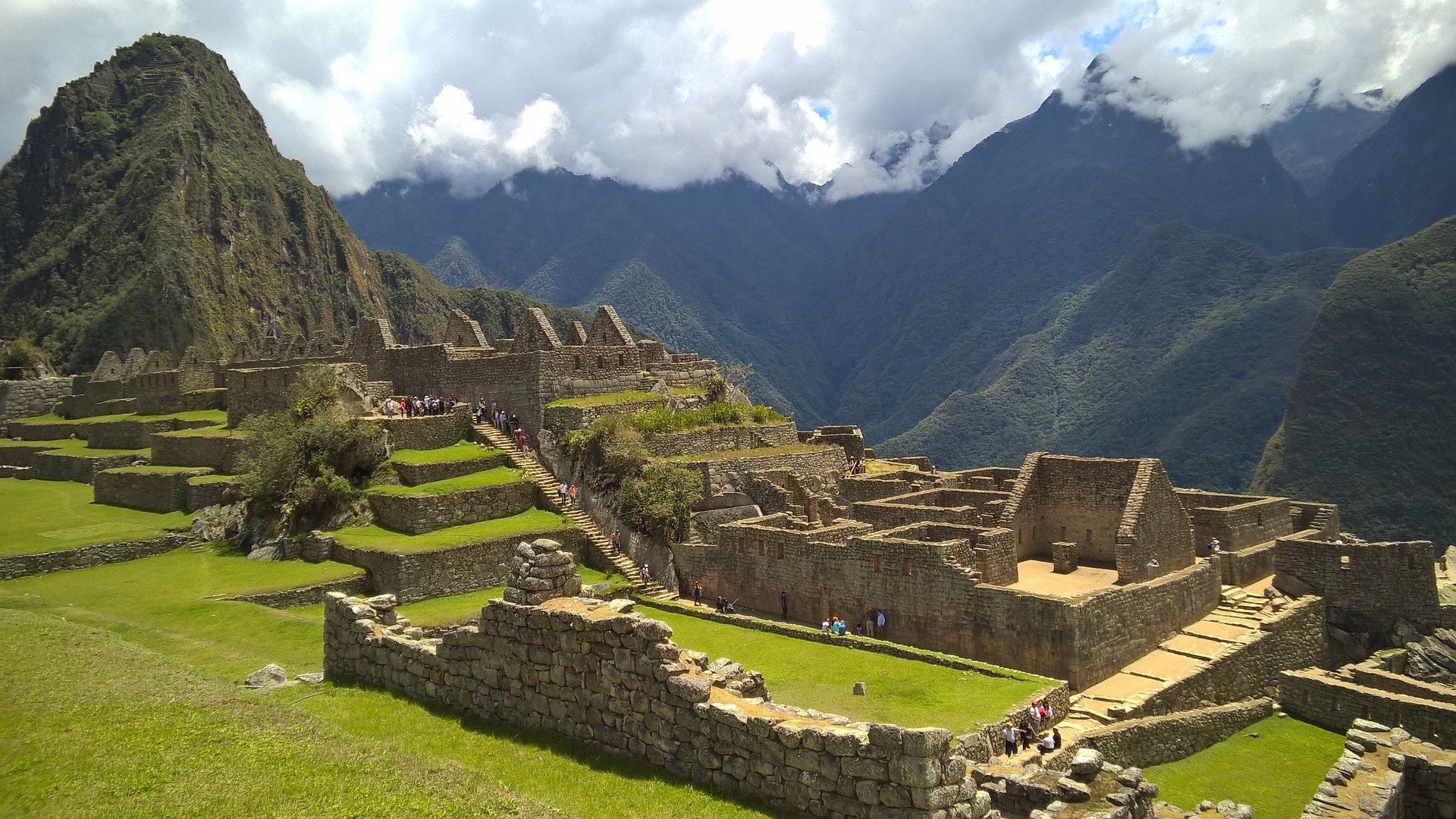Dream Colombia
Colombia remains a largely undiscovered country as far as the international traveler is concerned, offering you a real adventure and a chance to discover new frontiers, something which is becoming increasingly rare in today’s modern world.
Tatacoa Desert
In the north are the deserts of La Guajira, a flat barren land sparsely populated by the Wayuu people who preserve their way of life here. It is not exactly a desert, it is rather a tropical dry forest that in the tertiary period was a garden full of trees and flowers that gradually dried up until it became today's ochre and gray desert. Its eroded semi-dry landscape provides an unparalleled sense of tranquility.
Bosque de las Palmas
For stunning and unusual scenery, hike the Cocora Valley, outside Bogota, on the Bosque de Las Palmas, a 2.6 mile, moderately trafficked loop trail located near Salento, Quindío that features a river and is rated as moderate. The wax palm, Colombia’s national tree, grows to almost 200 feet in height and provides the habitat for a very colorful bird, the yellow-eared parrot.
Lost Tribes
The mountains of the Sierra Nevada de Santa Marta and its peripheral villages make for a cultural nucleus, a historical focal point of tribes and indigenous populations that have persevered through time to establish their rights in modern day society. To the west are the Kogi people, descendants of the Tayrona that built “La Ciudad Perdida”. o the east lies the town of Nabusimake, the capital of the Arhuaca people, also descendants of the Tayrona. The northern mountain range ends in La Guajira, the native land of the Wayuu people who can be distinguished by their colourful costumes and painted faces. All in all there are 87 different indigenous tribes in Colombia which makes for not only an enriching historical immersion but also an enchanting cultural experience.

